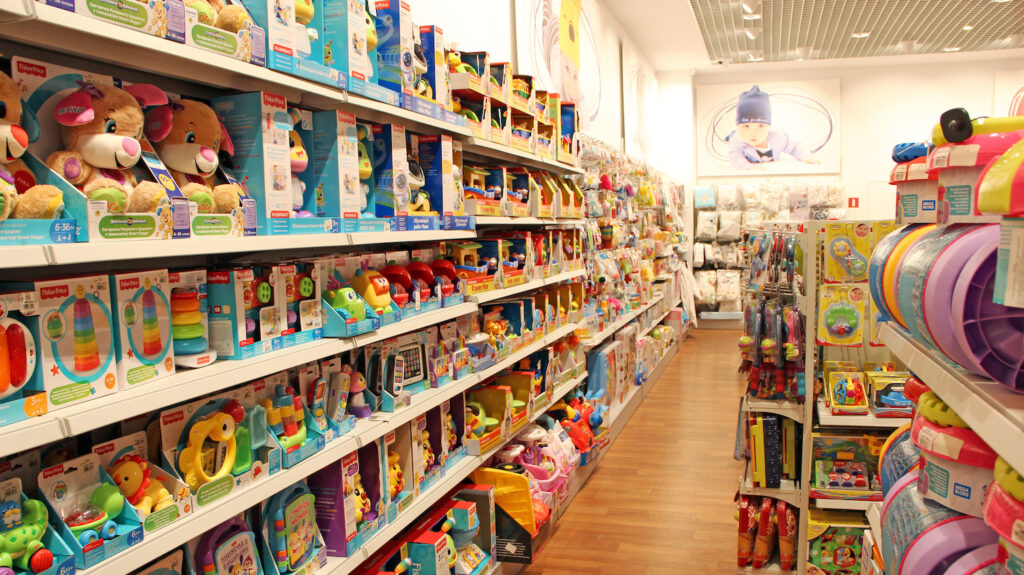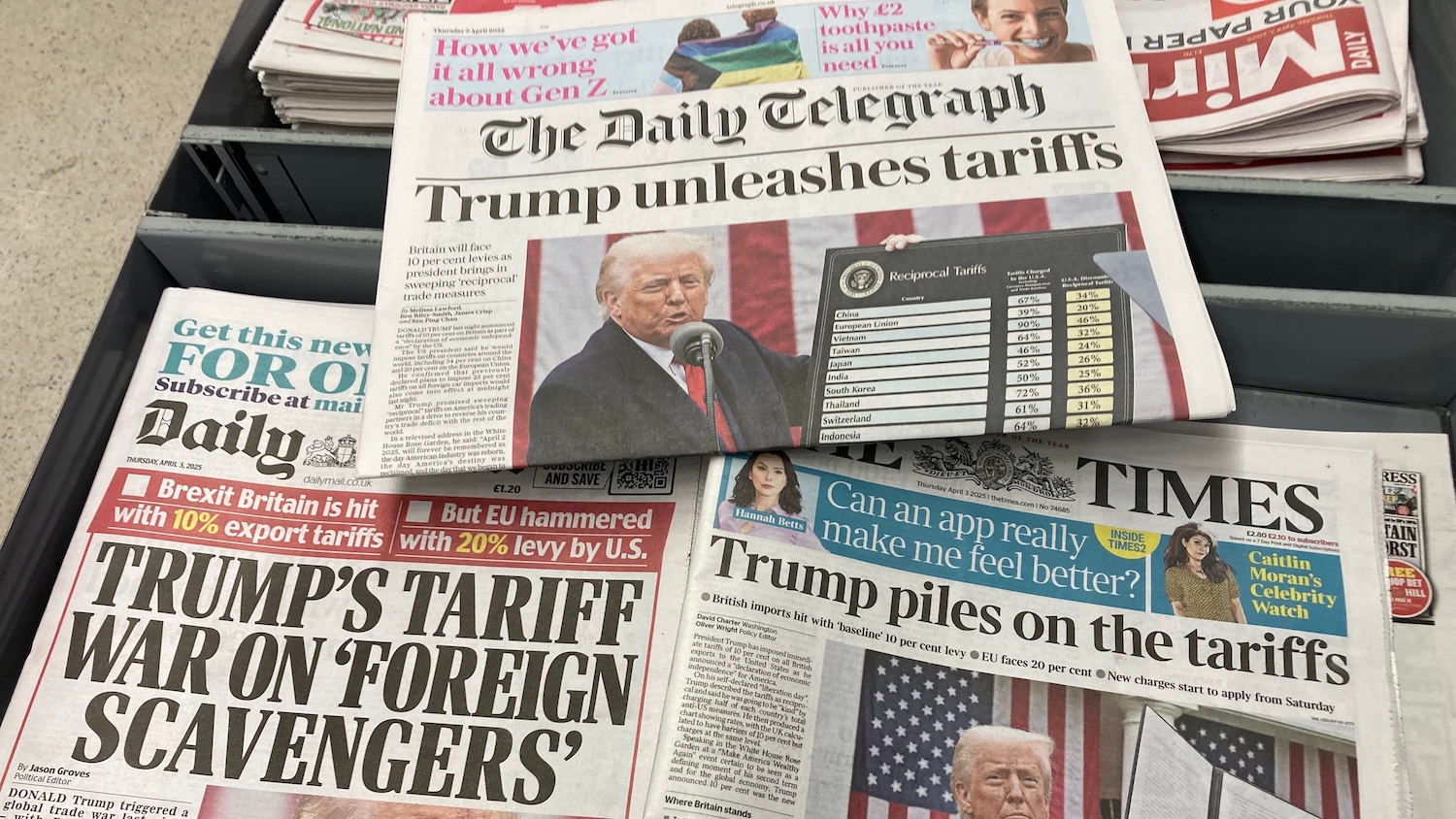Tariffs and Trade
Tariffs are a cornerstone of the Trump administration's economic policy. Poole experts are here to analyze their effects on the economy, supply chains and North Carolina.
What is a Tariff?
A tariff is, simply put, a tax on goods purchased from a foreign country. Tariffs can be imposed as a percentage of the value of the good, or as a flat rate added to the price of that good.
Historically, countries have used tariffs to do three things:
- Generating revenue to fund government functions
- Encouraging more spending on domestic goods
- Retaliating against other countries for their trade practices
In the second half of the 20th century, the use of tariffs declined as countries negotiated bilateral and multilateral reductions and free trade agreements. They returned during President Donald Trump’s first term. Trump levied new tariffs on thousands of products from China, ranging from medical devices and televisions to electric vehicles and aircraft components. President Joe Biden maintained and, in some cases, expanded on those tariffs.
Tariffs have exploded since Trump took office again in January 2025. As of April 10, Trump has levied a 10% tariff on import goods from all countries, and a 145% tariff on Chinese imports, with plans to boost rates again in early July. In response, China, Mexico, Canada, the European Union and other countries have threatened or instituted their own tariffs on U.S. goods
As the tariff situation continues developing, Poole College experts analyze their effects in Poole Thought Leadership articles and for local, state and national media outlets.
Tariffs, Shipping and Shortages

insight from Our Tariff Experts

“Impending domestic price hikes are going to be swift and large. The effective rate will likely surpass 25% because of how interdependent global supply chains are.”

“U.S. companies face a decision—to either raise prices by the amount of the tariff or keep prices relatively the same and lower their margins.”

“The effects of these tariffs will surely cause prices to rise for U.S. consumers. I am more concerned about supply chains shutting down due to disruptions in product flows.”
Tariffs and supply chains
More Poole analysis
poole experts in the news

Andrew Greenland Explains U.S.-China Tariffs and Global Trade

Andrew Greenland Explains the Economic Impact of U.S. Tariffs

Poole Professor Says Tariffs Could Strain Holiday Supply

Rob Handfield on Tariffs and Consumer Spending Choices

Poole Professor Highlights Tariff Impact and Tech Sector Confusion

